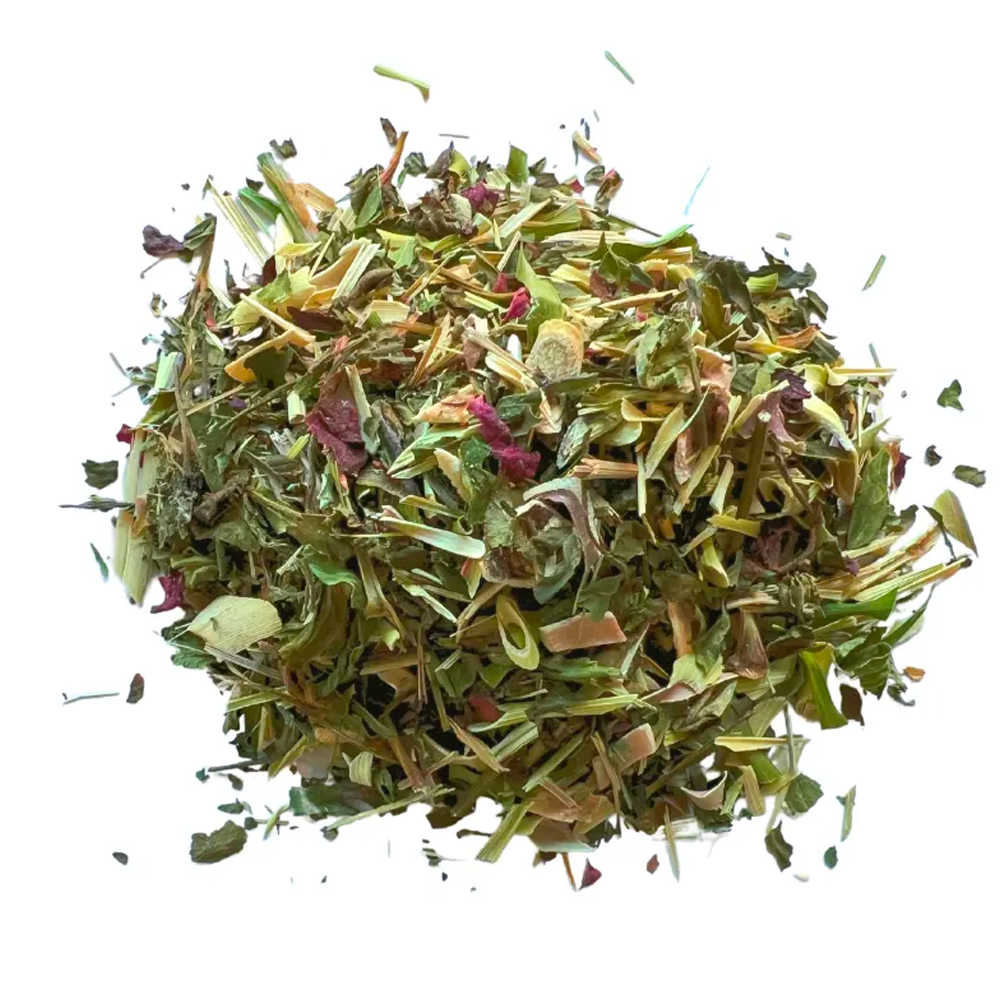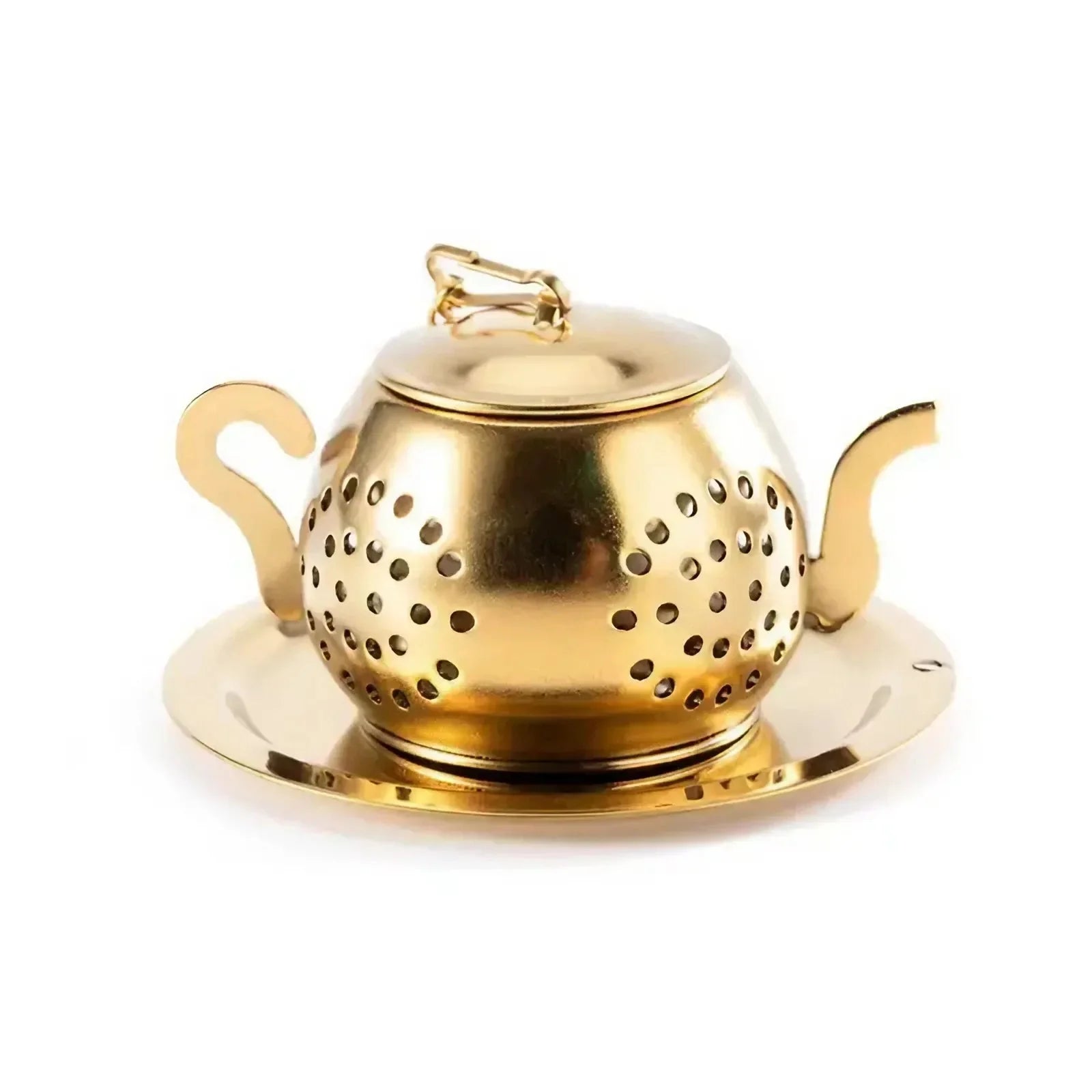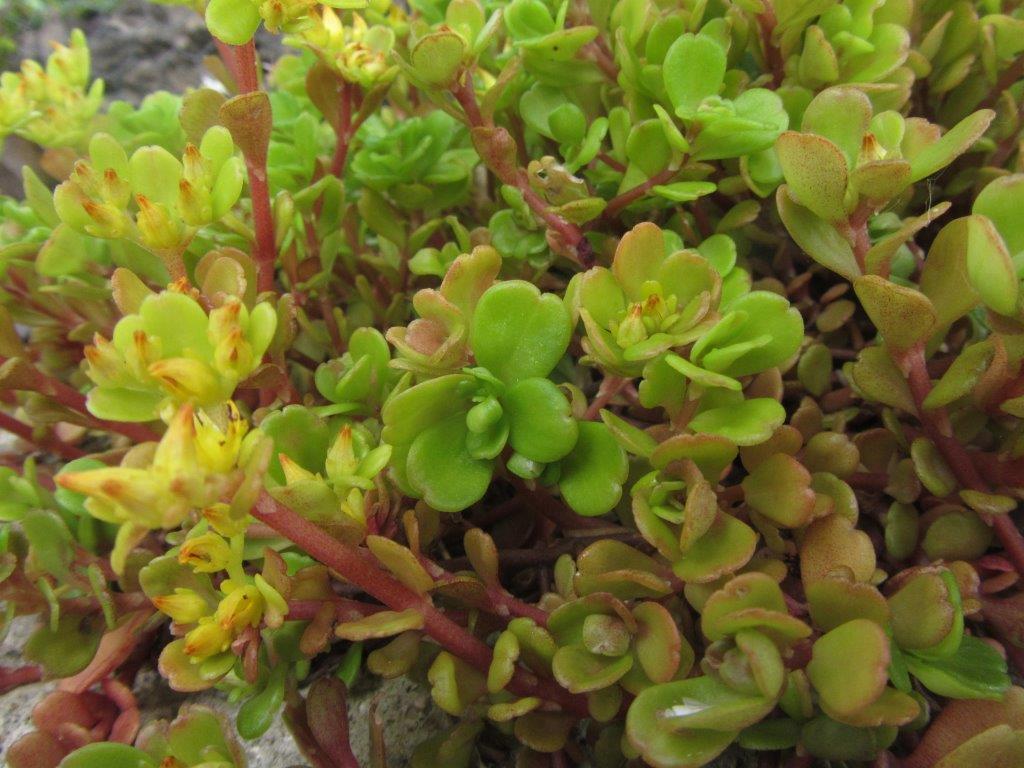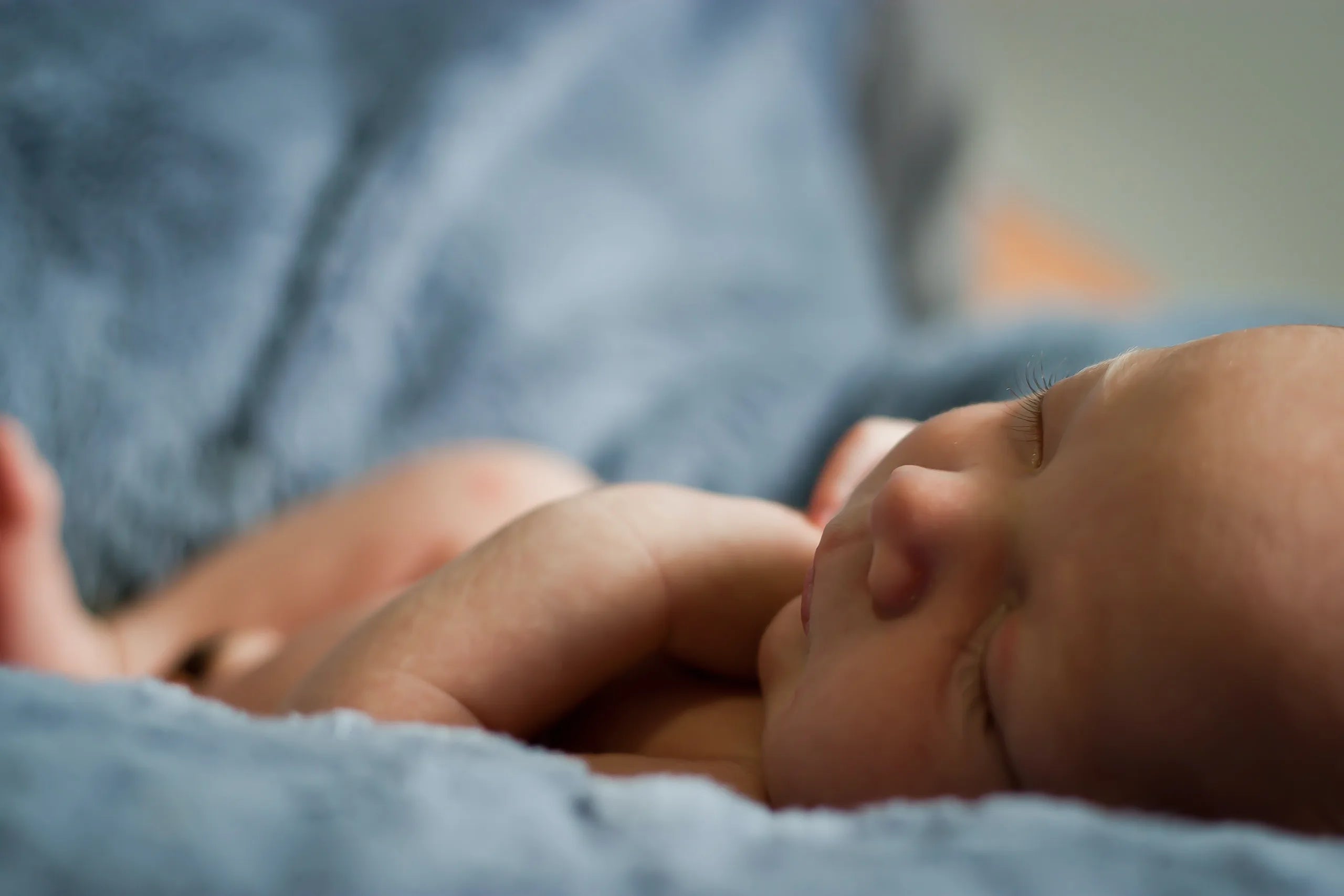The Placenta
According to Hmong tradition, the placenta is considered a “shirt” that a child wears when they enter the world and must be retrieved before their spirit can return “home” and enter the spirit world upon death. After delivery, the placenta is traditionally buried inside the house, with the location chosen based on the gender of the child. A baby girl’s placenta is buried by the bedpost, while a baby boy’s placenta is buried by the load-bearing beam. This symbolism reflects the expected roles of each gender – a girl will marry and be a guest in the bed, while a son is expected to support the household.
To protect the placenta from insects, especially ants, a family member will boil water and pour it around the burial site for the first seven days. It is believed that if insects reach the placenta, the baby will develop rashes, and if the placenta is tilted, the newborn will spit up frequently. If the baby becomes fussy or colicky, the parents may dig up the placenta and reposition it.
Restrictions
In the Hmong culture, there are certain religious confinement practices that pregnant mothers must follow during and after pregnancy. These practices, which some may refer to as superstitions, are meant to aid in the mother’s recovery and prevent negative outcomes. These restrictions are an important part of the Hmong cultural tradition.
According to Hmong tradition, pregnant mothers are not allowed to cut their hair or sew in the bedroom. It is believed that cutting hair while pregnant is equivalent to cutting the baby’s organs and blood supply, while sewing in the bedroom is thought to be like “sewing” the baby’s limbs and organs. Pregnant mothers are also prohibited from moving the bedpost, as it is believed that doing so could cause a miscarriage. The bedpost can only be moved once the baby has been delivered.
Additionally, pregnant and postpartum women are required to observe certain cultural practices in order to avoid offending spirits and ensuring the health and well-being of themselves and their families. Hmong people believe that a woman’s body is “dirty” or “polluted” following childbirth and as such, she is not allowed to enter any home other than her own for a period of 30 days (puv hlis). It is believed that doing so will offend the spirits that guard the house (txhaum dab qhuas), leading to misfortune, illness, and possibly even death for the family. Those who violate this practice are believed to face a slow and lingering death in the spirit world, as they are required to “clean the doorsteps” of the offended household.
It is considered taboo for breastfeeding mothers to share their breast milk with anyone other than a baby. It is believed that adults who consume breast milk may be struck by lightning. Some people even go to extreme lengths to prevent drops of breastmilk from touching the ground, as it is believed that other animals should not be allowed to consume human breastmilk. To prevent leakage, lactating mothers may bind their breasts with cloths while performing chores or moving around the house.
Pregnant and postpartum women are also instructed to avoid going out or traveling far, as it is believed that evil spirits could steal their milk or unborn child. Pregnant women are prohibited from going near large bodies of water, as it is believed that the dragons that govern these bodies of water could sense their fertility and steal their unborn child.
These practices are based on traditional Hmong beliefs and are meant to protect and support pregnant and postpartum women. With that being said, what are our thoughts? We would love to hear from you; feel free to comment below.













